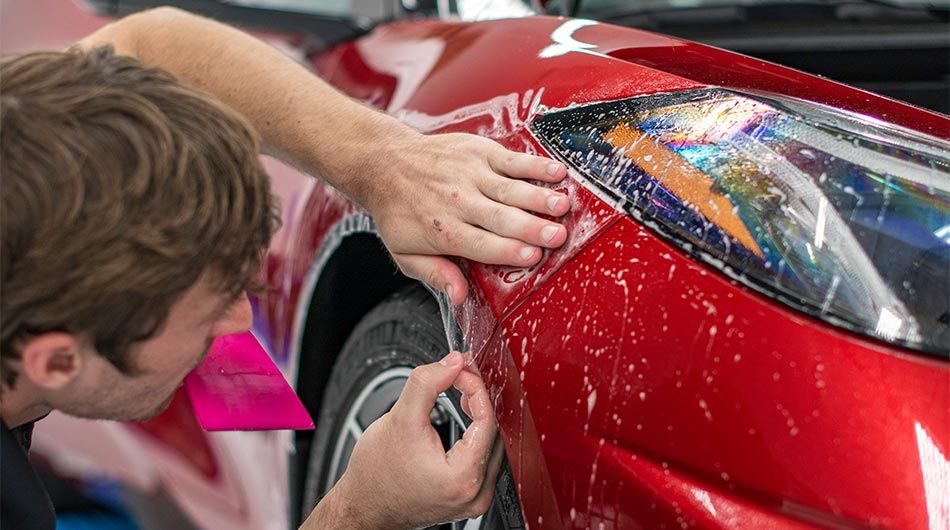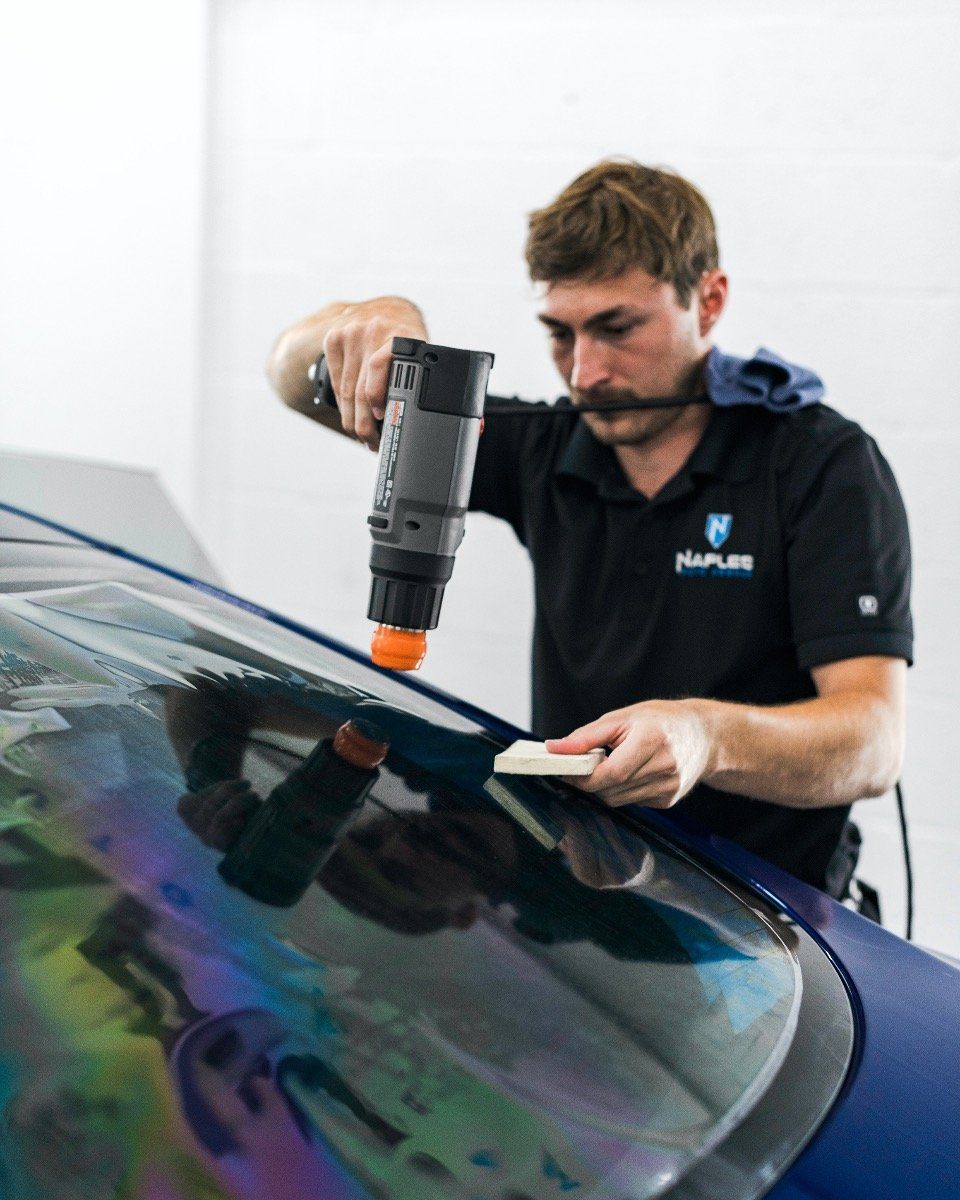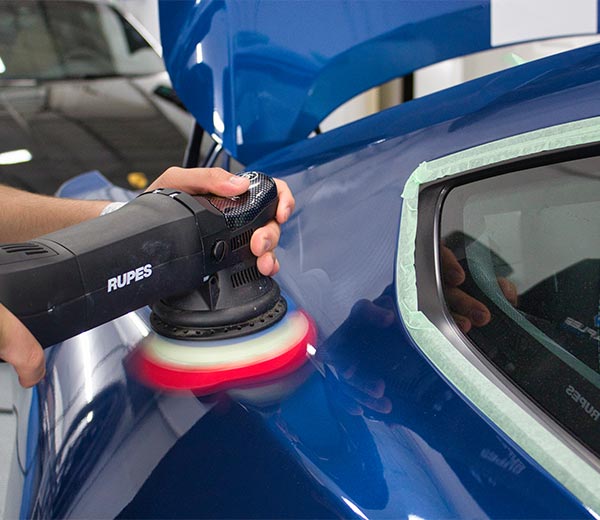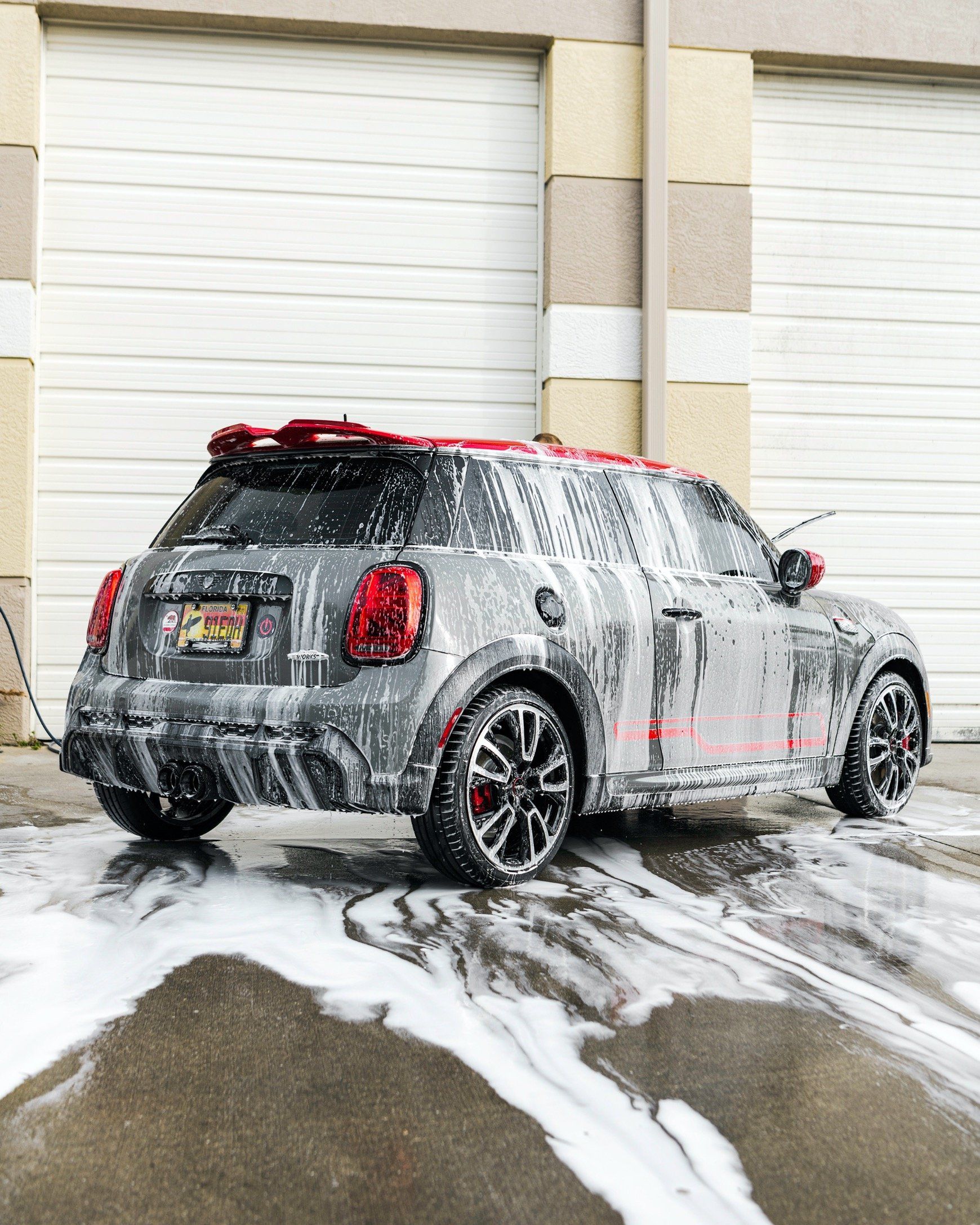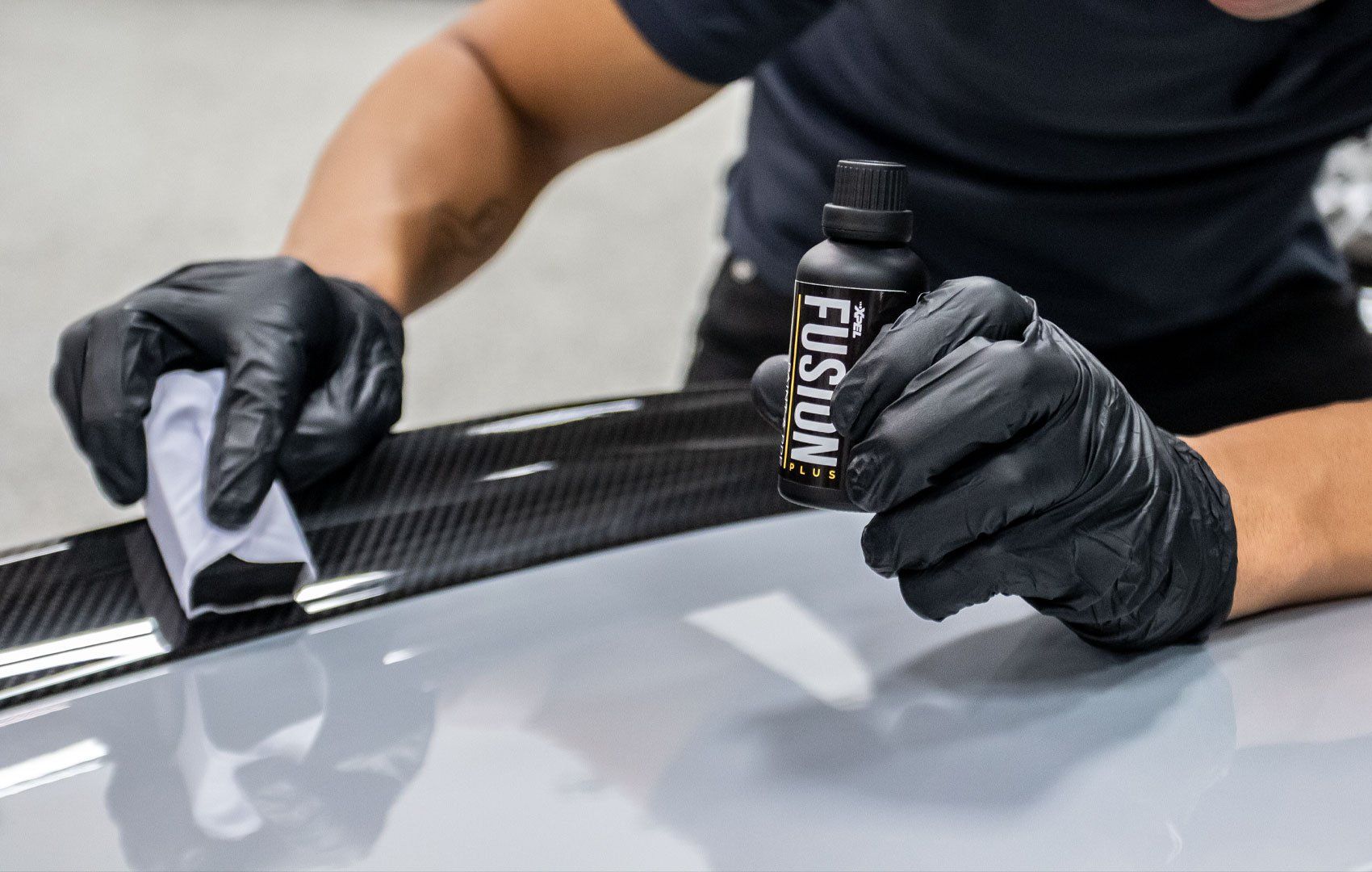Car enthusiasts are constantly seeking ways to keep their vehicles looking brand new. Traditional methods like waxing and polishing have been used for years, but ceramic coating has emerged as a new contender in the market. This liquid polymer is applied to the car's exterior and forms a protective layer that is resistant to UV rays, dirt, mud, and water.
While ceramic coating does offer some advantages, it is important to understand its limitations and potential drawbacks. Before jumping on the bandwagon, it is crucial to weigh the pros and cons of ceramic coating to determine if it is the right choice for your car.
In this article, we will explore the benefits of ceramic coating to help you make an informed decision about whether it is good for your car.
Understanding Ceramic Coating
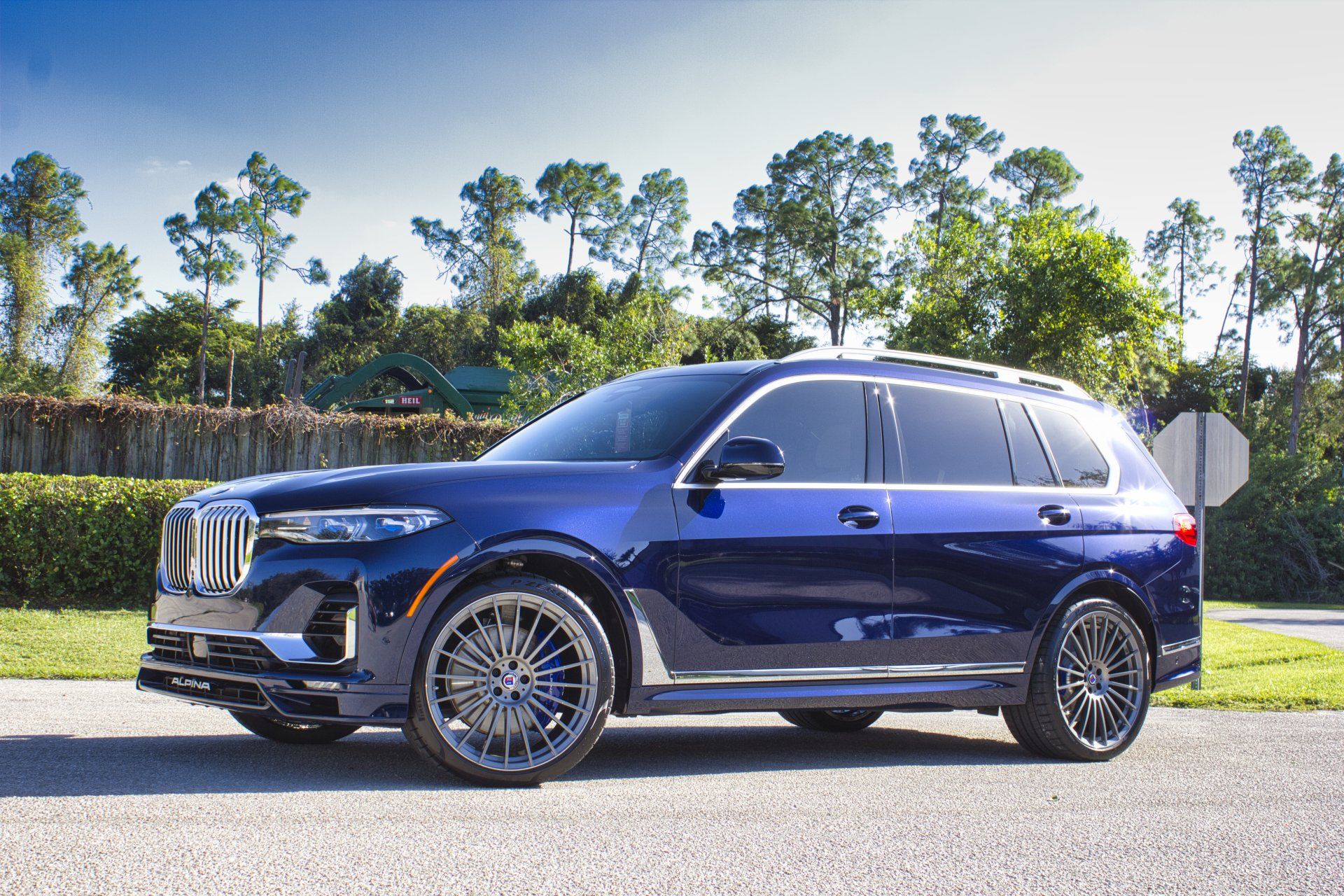
Ceramic coating has gained significant popularity in the automotive industry as a cutting-edge solution for protecting car paint. But what exactly is ceramic coating, and how does it work? To put it simply, a ceramic coating is a clear, liquid polymer that is applied to the exterior surfaces of a vehicle. Upon application, it chemically bonds with the paintwork to create a hardened layer of protection.
The key ingredient in ceramic coatings is silicon dioxide (SiO2) or titanium dioxide (TiO2), which forms a molecular bond with the car's surface. This bond creates a hydrophobic and highly durable barrier against environmental contaminants like dirt, dust, UV rays, and oxidation.
Ceramic coatings' molecular structure also makes them resistant to chemical etching and fading brought on by harsh detergents or acidic substances.
Benefits of Ceramic Coating for Cars
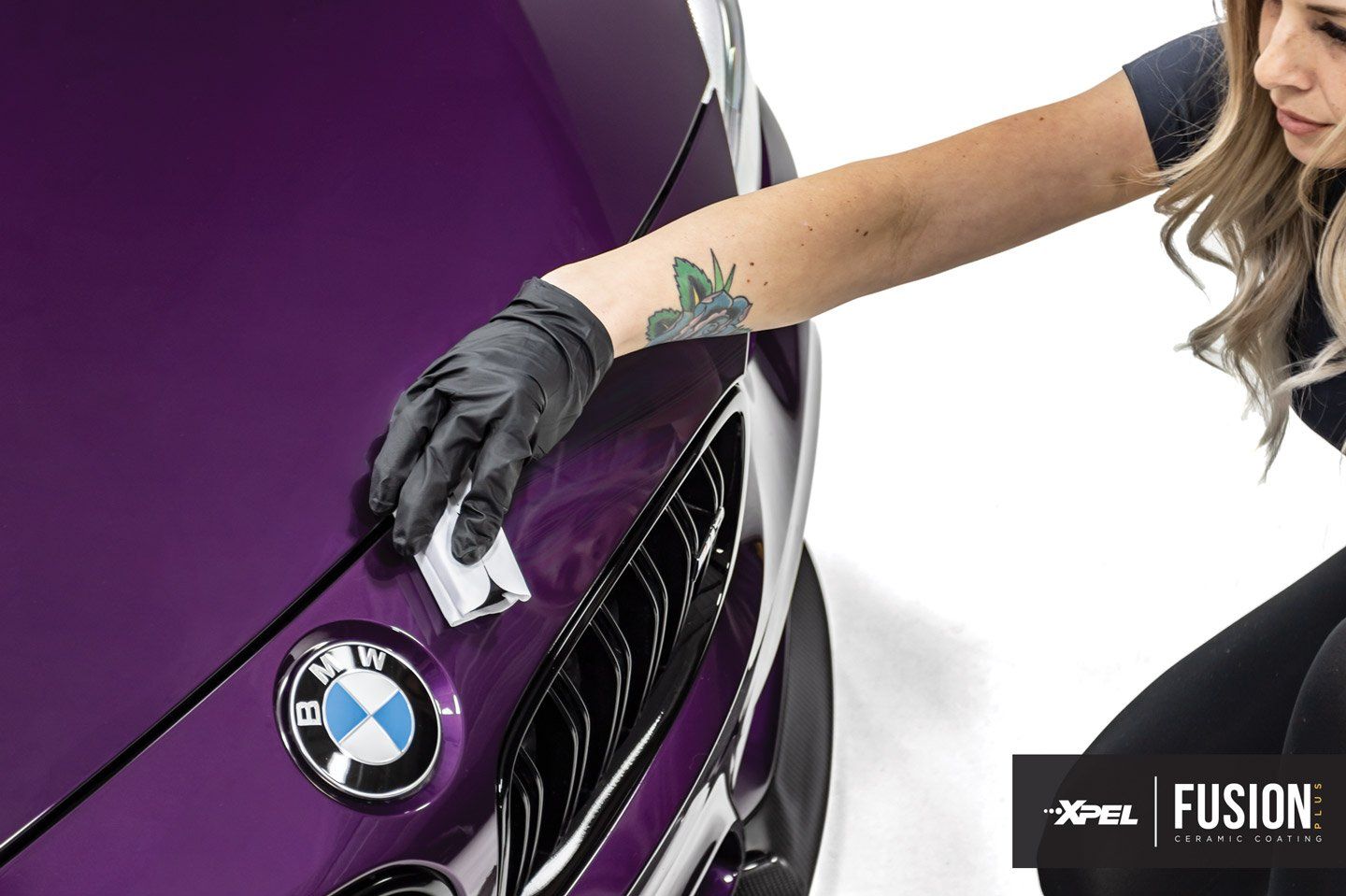
Long-lasting Protection and Durability
One of the major advantages of ceramic coating is its long-lasting protection for your car's paintwork. Unlike traditional wax or sealants that wear off after a few months, ceramic coatings provide durability lasting anywhere from one to several years, depending on the product used and maintenance performed.
Enhanced Gloss and Appearance
Ceramic coatings are known for their ability to enhance the gloss and overall appearance of the car's paintwork. When properly applied, the coating forms a smooth and reflective surface that gives your vehicle a deep, mirror-like shine. This effect can make even older or dull-looking cars look brand new and aesthetically pleasing.
Hydrophobic Properties and Easy Maintenance
One of the
standout features of ceramic coatings is their hydrophobic properties. This means that water and other liquids bead up and roll off the surface effortlessly, helping to keep your car cleaner for longer periods. The hydrophobic nature also makes cleaning easier, as dirt and grime are less likely to stick to the coated surface.
Resistance to Oxidation and Contaminants
One of the primary benefits of ceramic coatings for cars is their exceptional resistance to oxidation and contaminants. When a car is exposed to the elements, such as UV rays, dirt, mud, and water, its paint can slowly deteriorate over time. However, a ceramic coating creates a protective layer on top of the paint that acts as a shield against these harmful substances.
The ceramic coating's chemical composition enables it to resist oxidation, which is the process that leads to paint fading and dullness. By preventing oxidation, the coating helps maintain the car's vibrant finish for longer periods. Furthermore, the hydrophobic properties of ceramic coatings make it difficult for contaminants like dirt and mud to adhere to the surface of the car. This means that most dirt and contaminants can be easily washed away with minimal effort.
Ceramic Coating Costs and Maintenance Requirements
When considering ceramic coating for your car, it's crucial to understand and budget for the associated costs. The costs of ceramic coatings are influenced by a variety of factors, including the size of your vehicle, the type of coating used, and additional services provided by professional installers.
Professional ceramic coatings themselves cost about $200 per 30 ml bottle. For larger vehicles, such as trucks or SUVs, up to 45–60 ml of ceramic coating may be required, bringing the chemical cost to $350 or more. However, it's important to remember that professional installers also include other costs in their pricing, such as chemicals and application products, labor expenses, overhead and marketing costs, charitable donations made by the company, and additional perks provided to clients.
In terms of maintenance requirements, while ceramic coatings offer excellent durability and protection, it is still essential to perform routine upkeep to maximize their effectiveness. This includes regular washing using gentle techniques and pH-neutral soaps. It is recommended to wash your car at least once every two weeks or more frequently if exposed to harsh weather conditions.
Additionally, periodic inspections should be carried out to identify any areas where the coating may have degraded or been damaged. If necessary, touch-up applications or reapplications may be required to maintain the protective layer over time.
For instance, some professional installers may offer warranties on their workmanship or provide aftercare instructions specific to their products. These additional services contribute to ensuring optimal performance and longevity of the ceramic coating.
Elevate Your Car's Shine Today
At Naples Auto Armor, our ceramic coating is the perfect solution to elevate your car's shine to a whole new level. With its advanced formula, it creates a protective layer that enhances the gloss and depth of your car's paint, making it look brand new.
As a car owner in Naples, FL, you take pride in your vehicle, and our ceramic coating will help you stand out on the road. Imagine turning heads as your car glistens under the Florida sun and the envy of other car owners.
Don't wait any longer; schedule an appointment with us today at (239) 378-2336 and let our experts apply our ceramic coating to your car. Elevate your car's shine and make a lasting impression wherever you go.
Naples Auto Armor Blog


